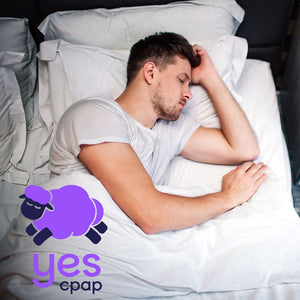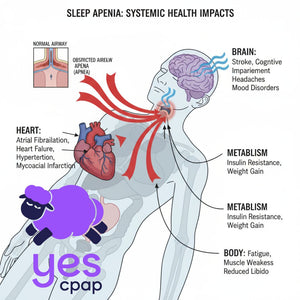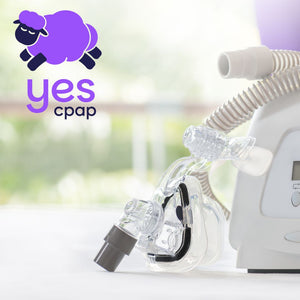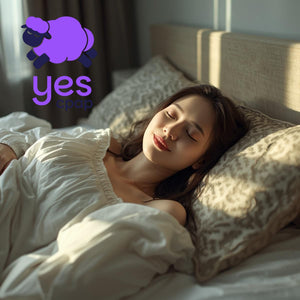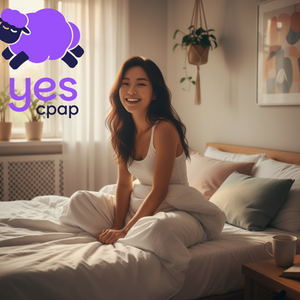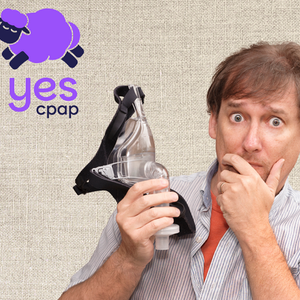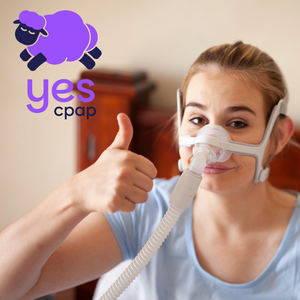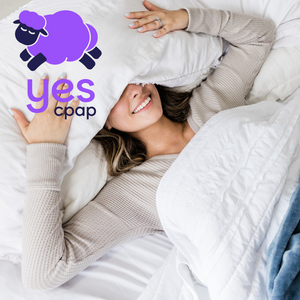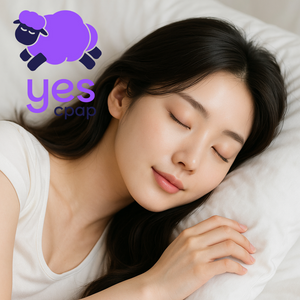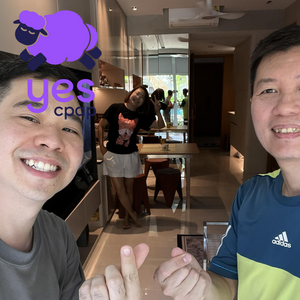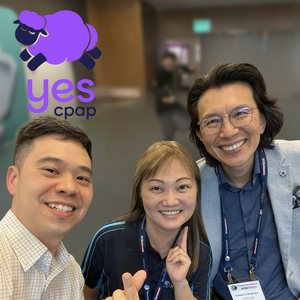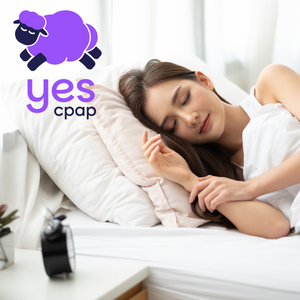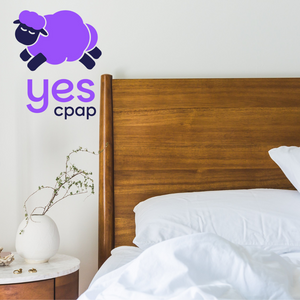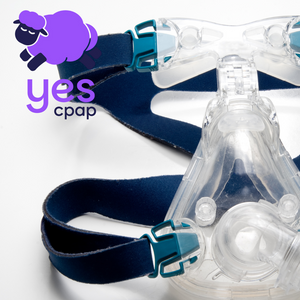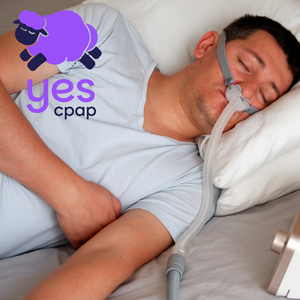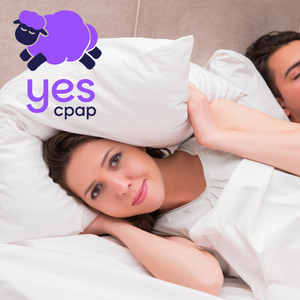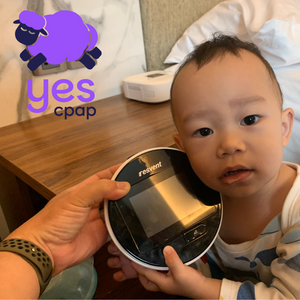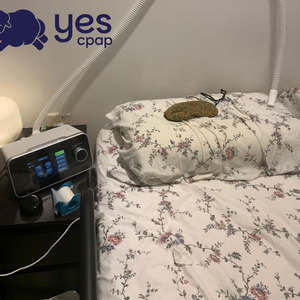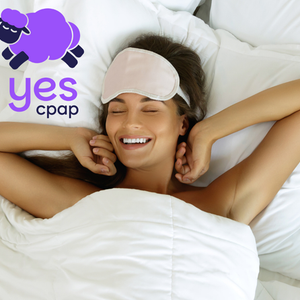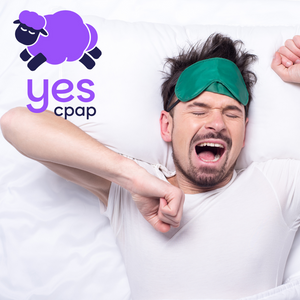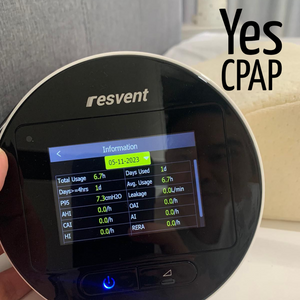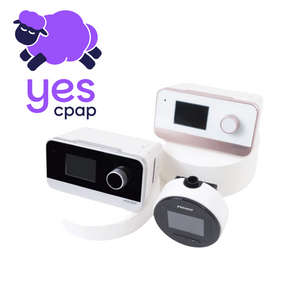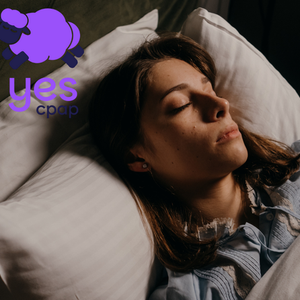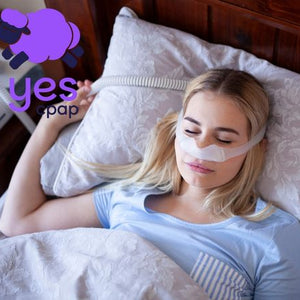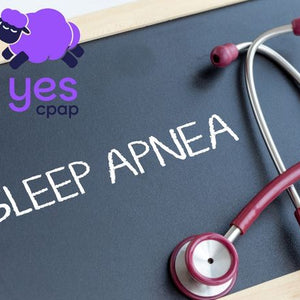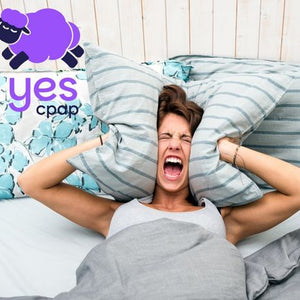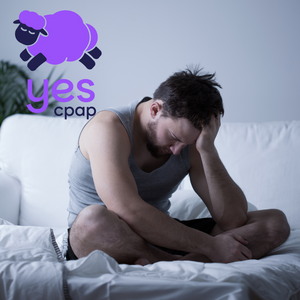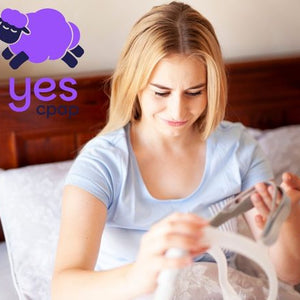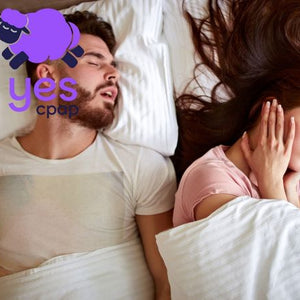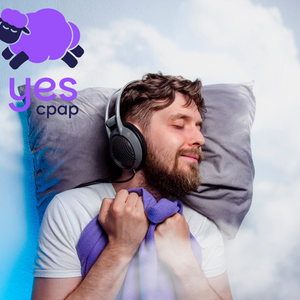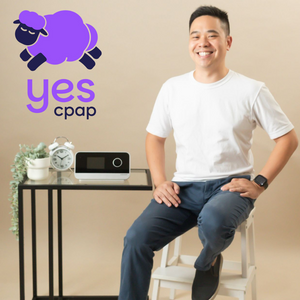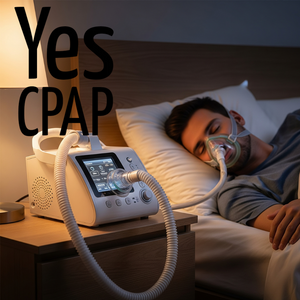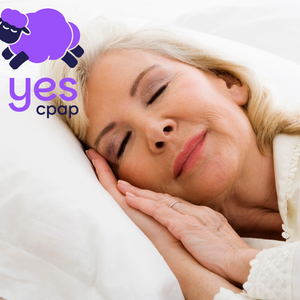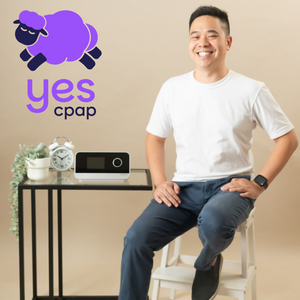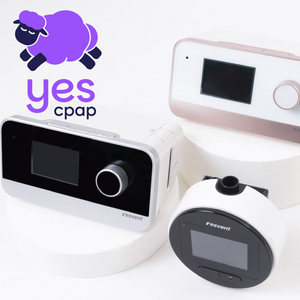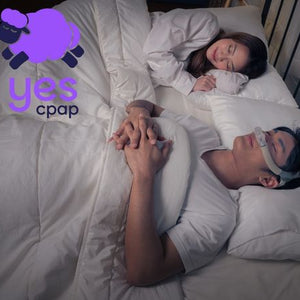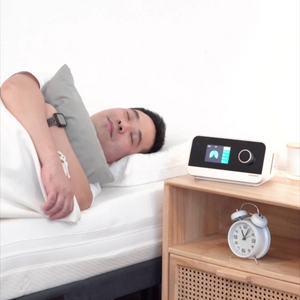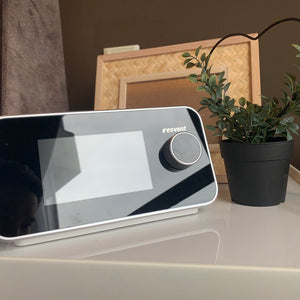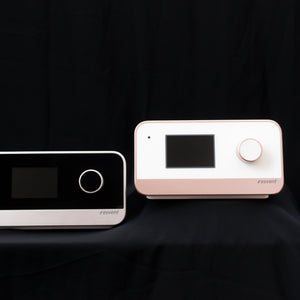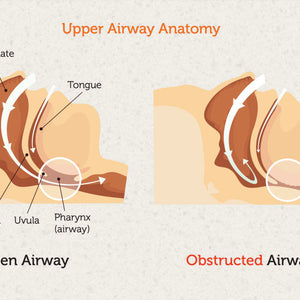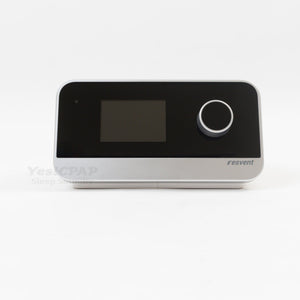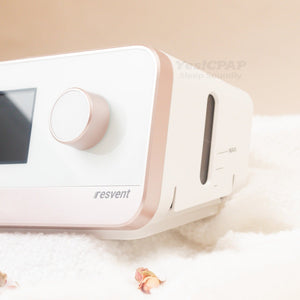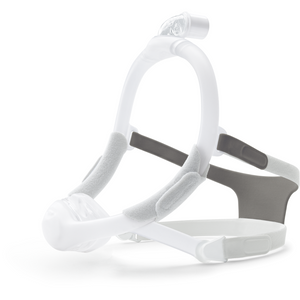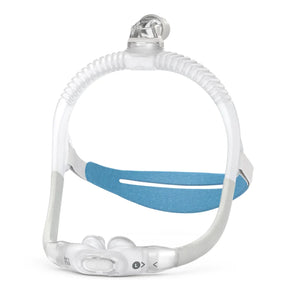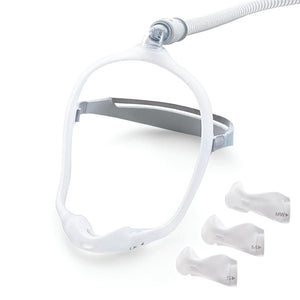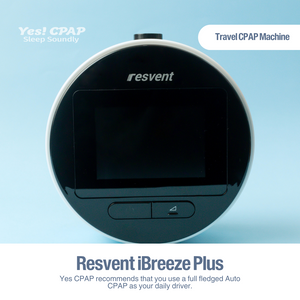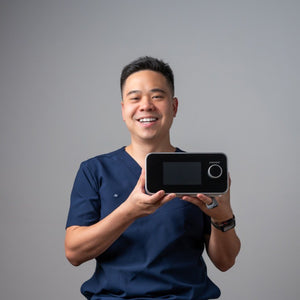Sleep should be the most natural thing in the world, yet for many Singaporeans, a good night's rest feels increasingly elusive. In our fast-paced city-state where the lights never truly dim, sleep disorders have quietly become a growing health concern that deserves our attention.
The Reality of Sleep in Singapore
Walk through any HDB corridor at 2 AM, and you'll likely see lights still glowing behind curtained windows. Singapore's unique position as both a global financial hub and a densely populated island creates the perfect storm for sleep challenges. Our 24/7 lifestyle, combined with work stress and urban living conditions, has contributed to what sleep specialists are calling a silent epidemic.
Recent studies reveal alarming statistics about Singapore's sleep crisis. A YouGov survey reported that only one in four Singaporeans (27%) get seven hours or more of sleep each night, while 39% sleep six to seven hours and 32% sleep just four to six hours. Despite 80% wishing they could sleep seven or more hours, many residents struggle to achieve healthy sleep durations. Nearly one in three Singaporeans doesn't get adequate sleep, with many experiencing symptoms of various sleep disorders without even realizing it. The consequences extend far beyond feeling tired – they ripple through our work performance, relationships, and overall well-being.
When Sleep Goes Wrong: Common Sleep Disorders
Sleep disorders can be broadly classified into several categories: insomnia, sleep-related breathing disorders, central disorders of hypersomnolence, sleep-related movement disorders, parasomnias, and circadian rhythm disorders. In Singapore, the most prevalent conditions significantly impact daily life and long-term health outcomes.
Sleep Apnea: The Silent Disruptor
Perhaps the most concerning sleep disorder affecting Singaporeans is sleep apnea, particularly obstructive sleep apnea (OSA). This condition occurs when the throat muscles repeatedly relax during sleep, blocking the airway and causing breathing to stop and start throughout the night.
What makes sleep apnea particularly troubling is how often it goes undiagnosed. Many people dismiss loud snoring as merely annoying, not realizing it could signal a serious health condition. In Singapore's multi-generational households, family members often become accustomed to a loved one's snoring, viewing it as normal rather than concerning. According to YesCPAP's comprehensive sleep apnea symptoms guide, 30.5% of Singaporeans have sleep apnea, yet 91% remain undiagnosed.
The health implications are significant. Untreated sleep apnea doesn't just leave you exhausted – it increases the risk of high blood pressure, heart disease, diabetes, and stroke. For a population already dealing with rising rates of these conditions, addressing sleep apnea becomes crucial for long-term health.
Insomnia: When the Mind Won't Quiet
Insomnia manifests differently for different people. Some struggle to fall asleep, lying awake as their minds race through work deadlines or family concerns. Others fall asleep easily but wake repeatedly throughout the night, unable to return to restful sleep. Research shows that insomnia affects approximately 7.4% of Singaporeans, with higher rates among individuals experiencing depression, anxiety, financial stress, asthma, or back pain.
In Singapore's competitive environment, insomnia often stems from stress and anxiety. The pressure to perform at work, manage household responsibilities, and maintain social connections can create a mental burden that makes peaceful sleep difficult to achieve. People working irregular hours or shift work, such as healthcare workers, transport workers, and security staff, are especially prone to sleep disorders.
Restless Leg Syndrome and Movement Disorders
These conditions involve uncomfortable sensations in the legs or involuntary movements during sleep. While less common than sleep apnea or insomnia, they can significantly impact sleep quality and daily functioning. Restless Legs Syndrome (RLS) is characterized by an irresistible urge to move the legs, usually accompanied by uncomfortable sensations like tingling, itching, or crawling. Symptoms worsen during inactivity and improve with movement, typically occurring in the evening or at night.
Circadian Rhythm Disorders in Singapore
Singapore's unique geographic location and urban lifestyle contribute to various circadian rhythm disorders. Shift work disorder affects 10-40% of shift workers, causing difficulty sleeping and staying alert. The high use of digital devices before bedtime and urban lighting can disrupt natural sleep-wake cycles. Additionally, frequent business travel across time zones affects many professionals in Singapore's international business hub.
Other Sleep Disorders
Other conditions affecting Singaporeans include sleep paralysis, narcolepsy, and sleep-related movement disorders like bruxism (teeth grinding). About 61% of Singaporeans often wake up feeling tired, and one in ten suffers from severe sleep apnea, indicating the widespread nature of sleep health issues in our population.
The CPAP Solution: Breathing Easy Through the Night
For those diagnosed with sleep apnea, Continuous Positive Airway Pressure (CPAP) therapy has proven to be remarkably effective. CPAP machines work by delivering a steady stream of air through a mask, keeping the airway open throughout sleep. Singapore's leading sleep therapy provider YesCPAP explains in their expert guide how modern CPAP technology has revolutionized sleep apnea treatment.
The transformation that many people experience with CPAP therapy can be dramatic. Patients often report feeling more alert during the day, experiencing improved mood, and seeing better concentration levels. Partners frequently notice reduced snoring and more peaceful sleep for both parties. For those wondering about the differences between Auto CPAP and Auto BiPAP, understanding these options can help optimize treatment comfort.
Finding the Right CPAP Equipment
Choosing CPAP equipment requires careful consideration of individual needs. Modern CPAP machines are far more comfortable and user-friendly than earlier models. The Resvent iBreeze Pro Auto CPAP and Resvent iBreeze Auto CPAP are examples of advanced machines that offer features like humidification, quiet operation, and travel-friendly designs that make consistent use more manageable.
Key Features to Consider:
Machine Type: Auto-adjusting CPAPs adapt to breathing patterns and may improve comfort. Fixed-pressure devices provide consistent pressure, while BiPAP machines offer different pressures for inspiration and expiration.
Humidification: Essential in Singapore's air-conditioned environments. Heated humidifiers reduce dryness and nasal congestion, improving therapy comfort.
Noise Level: Modern units are designed to be quiet, with low decibel ratings that minimize sleep disruptions for both user and partner.
Data Monitoring: Contemporary devices record usage, leak rates, and effectiveness metrics. Some sync with smartphone apps for compliance tracking and remote monitoring by healthcare providers.
The mask selection is particularly important for comfort and effectiveness. Options range from nasal pillows like the Resmed P30i CPAP Mask for minimal contact, to innovative designs such as the Philips Dreamwear Silicone Pillows Mask or the Philips Dreamwisp Mask for those who breathe through their mouth during sleep. Finding the right fit often requires trying different styles to determine what works best for your sleeping position and breathing patterns. Proper mask fit prevents leaks and pressure sores, which are crucial for therapy success.
Treatment Approaches That Work
Medical Interventions
Sleep medicine has advanced significantly, offering various treatment options depending on the specific disorder and its severity. For sleep apnea, treatments range from lifestyle modifications and oral appliances to CPAP therapy and, in some cases, surgical interventions.
Insomnia treatment often involves addressing underlying causes while implementing sleep hygiene improvements. Sometimes short-term medication may be necessary, but the focus remains on developing sustainable sleep habits.
Lifestyle Modifications That Make a Difference
Simple changes can have profound effects on sleep quality. Creating a consistent bedtime routine, managing light exposure (particularly challenging in Singapore's bright urban environment), and creating a cool, comfortable sleeping environment all contribute to better rest.
Diet and exercise timing also play crucial roles. Heavy meals close to bedtime, excessive caffeine consumption, and irregular exercise schedules can all disrupt natural sleep patterns.
Seeking Help in Singapore
Singapore's healthcare system offers excellent sleep disorder services through both public and private channels. Sleep studies conducted at local sleep centers provide comprehensive evaluation of sleep patterns and breathing during rest. For those seeking expert guidance, YesCPAP's comprehensive guide to Singapore's top sleep clinics provides detailed rankings and reviews to help you choose the right facility.
Where to Get Diagnosed
Public Hospitals: National University Hospital (NUH), Singapore General Hospital (SGH) Sleep Disorders Unit, Tan Tock Seng Hospital (TTSH), and National University Heart Centre offer comprehensive polysomnography, CPAP titration, and specialist consultations. These facilities often have multidisciplinary teams including sleep physicians, otolaryngologists, dentists, psychologists, and respiratory therapists.
Private Healthcare: Mount Elizabeth Hospital, Parkway East Hospital, and specialist ENT clinics provide comprehensive sleep medicine services. Many private clinics offer shorter waiting times and more personalized care options.
Cost Considerations: In public hospitals, an overnight polysomnography may cost between SGD 500 and SGD 1,200 before subsidies. Private hospital studies may range from SGD 1,000 to SGD 3,000. Home sleep tests are generally more affordable, often around SGD 300 to SGD 600. For convenient initial screening, options like home sleep testing are now available, making diagnosis more accessible than ever.
Many Singaporeans initially hesitate to seek help for sleep issues, viewing them as less serious than other health concerns. However, professional sleep specialists emphasize that quality sleep is fundamental to overall health and shouldn't be ignored. Coverage depends on your health insurance plan, with some policies covering sleep studies and CPAP equipment. Medisave may be used for approved sleep-related procedures.
The Path Forward
Addressing sleep disorders requires patience and often multiple approaches. What works for one person may not work for another, making professional guidance valuable in developing an effective treatment plan.
For those using CPAP therapy, consistency is key. While adjustment may take time, the long-term benefits for health and quality of life make the effort worthwhile. Regular follow-ups with healthcare providers ensure optimal settings and address any concerns that arise. For frequent travelers, portable solutions like the Resvent iBreeze Plus Travel CPAP Machine ensure therapy continuity even when away from home.
Common Questions About Sleep Disorders
What are the most common sleep disorders in Singapore?
The most prevalent sleep disorders in Singapore include obstructive sleep apnea (affecting about one in three adults), insomnia (around 7.4% prevalence), restless legs syndrome, parasomnias (such as sleepwalking and sleep terrors), and circadian rhythm disorders. Sleep apnea is particularly concerning due to its high prevalence and serious health consequences.
How do I know if my snoring is serious?
If your snoring is loud enough to disturb others, occurs most nights, or is accompanied by gasping or choking sounds, it's worth consulting a sleep specialist. Partners who notice breathing pauses during sleep should encourage evaluation. Other warning signs include excessive daytime sleepiness, morning headaches, difficulty concentrating, and unrefreshing sleep despite adequate sleep duration.
How much does sleep apnea treatment cost in Singapore?
Treatment costs vary depending on the approach and healthcare provider. Sleep studies range from SGD 500-1,200 in public hospitals to SGD 1,000-3,000 in private facilities. CPAP machines and equipment costs depend on the type and features selected. Many insurance plans and Medisave can help cover approved treatments, making therapy more accessible.
Will I need to use CPAP therapy forever?
For many people with sleep apnea, CPAP therapy is a long-term treatment. However, significant weight loss or other health improvements may sometimes reduce the severity of sleep apnea. Regular monitoring helps determine ongoing needs. Consistent use of CPAP provides immediate benefits for sleep quality and long-term cardiovascular protection.
Can sleep disorders affect my work performance?
Absolutely. Poor sleep quality affects concentration, memory, decision-making abilities, and emotional regulation. Many people notice significant improvements in work performance after addressing their sleep disorders. In Singapore's competitive work environment, untreated sleep disorders can lead to reduced productivity, increased accident risk, and career impacts.
Are there alternatives to CPAP therapy?
Yes, CPAP alternatives include oral appliances (mandibular advancement devices), surgical interventions, positional therapy, and lifestyle modifications. The choice depends on the type and severity of sleep apnea, patient preferences, and individual circumstances. Singapore research shows many patients have positional sleep apnea, making specific positional therapies highly effective for some individuals.
Are sleep disorders hereditary?
Some sleep disorders, including sleep apnea, can have genetic components. Family history may increase risk, but lifestyle factors also play important roles in development and severity. Environmental factors, weight, lifestyle choices, and underlying health conditions all contribute to sleep disorder development.
Moving Toward Better Sleep
Understanding sleep disorders is the first step toward reclaiming restful nights. Whether through medical treatment, lifestyle changes, or a combination of approaches, improvement is possible for most people experiencing sleep difficulties. YesCPAP's comprehensive 2025 guide covers sleep apnea treatment for all ages, from children to adults, providing evidence-based insights for every family member.
In Singapore's unique environment, prioritizing sleep health becomes even more important. By recognizing the signs of sleep disorders and seeking appropriate treatment, we can work toward nights of restorative sleep and days filled with energy and clarity. For those who prefer under-the-nose comfort, options like the Philips Dreamwear Under the Nose Mask offer innovative solutions that accommodate different preferences and sleeping styles.
Remember, seeking help for sleep issues isn't a sign of weakness – it's an investment in your long-term health and quality of life. Quality sleep forms the foundation for everything else we want to accomplish in our busy lives. For those looking to support a loved one's journey to better sleep, even gift cards for sleep therapy equipment can be a meaningful way to show you care about their health and wellbeing.




